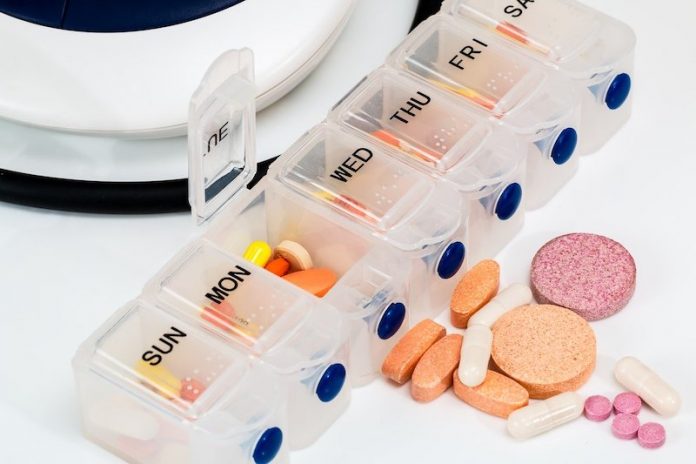
Nearly 34 million Americans have blood pressure that’s still too high even though they take medicine to control it.
In a new study from the University of Michigan, researchers found a way to help these people and their doctors decide whether to increase the dose of one of their existing drugs, or add a new one, to bring down their pressure and lower their risk of future health problems.
They focused on patients whose initial systolic blood pressure was above 130 mm Hg.
The team examined data from nearly 179,000 veterans over age 65 who received treatment over two years at VA hospitals nationwide.
All the patients were taking at least one blood pressure medication at less than the maximum dose and had a treatment intensification at the start of the study period, indicating that their physicians thought they needed more intense treatment.
The team found that patients have a better chance of sticking to their medication regimen if their doctor maximizes the dosage of one of the drugs they’re already taking.
They also found that both strategies decrease blood pressure, but adding a new medication has a very slim advantage over increasing the dose of an existing medication, despite some of the patients being unable to stay on the new medication.
In the end, the researchers say, the new findings could add to discussions between physicians and patients whose blood pressure remains elevated despite starting a medication treatment.
Because intensification of blood pressure treatment can come with risks – whether a drug interaction if a new drug is added, or an electrolyte imbalance with high doses, or fainting and falling if a person’s pressure gets too low – such decisions must be carefully made.
For older adults who already take a range of medications, the added complexity of having to take one more kind of pill may be too much.
The risks of polypharmacy, the term for taking multiple medications, are already well-known from other research, Min said. In fact, Medicare covers an annual medication review with a pharmacist for many older adults who take many drugs.
If you care about high blood pressure, please read studies about a common cause of high blood pressure, heart attacks, diabetes and findings of this plant nutrient could strongly lower blood pressure.
For more information about high blood pressure prevention and treatment, please see recent studies about diet high in this nutrient may prevent high blood pressure and results showing that this berry juice may help lower high blood pressure.
The study is published in the Annals of Internal Medicine. One author of the study is Carole E. Aubert, M.D., M.Sc.
Copyright © 2021 Knowridge Science Report. All rights reserved.



